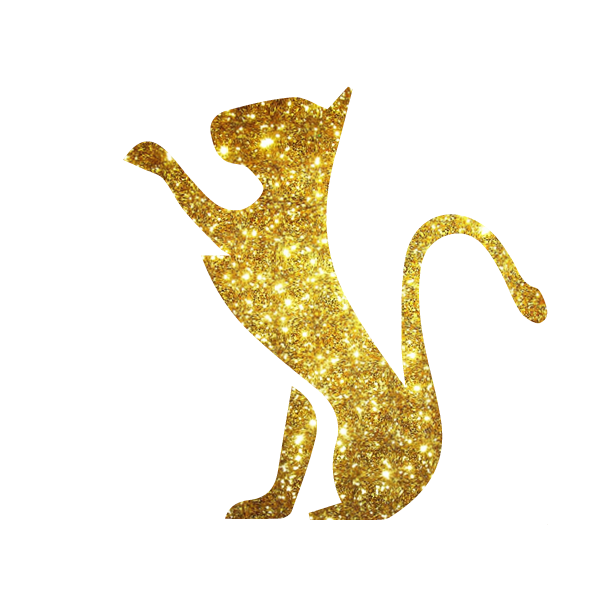BEING A GUEST: COFFEE, HIP-HOP, AND THE ONGOING WHITE-WASHING OF BLACK CULTURE
by EC Fajardo (he/him), Latte Art DiGiTiTiON Winner 2020, coffee lover and hip-hop dancer
In 2018, I got my first job working as a barista at a local coffee shop in Raleigh. At the time, I had already been teaching dance for about 3-4 years, and coffee was something that was just supposed to be there to help pay the bills. I had no idea the love I would develop for the craft, the service, and the industry; but that love wasn’t rooted in truth.
Contrary to what I had always believed, my journeys with coffee and hip hop dance had always run parallel; both were considered “cool”, both were widely desired forms of consumer goods and entertainment, and both required a certain level of skill, passion, and drive to execute. What I did not know, was that I was unwittingly participating in the gentrification and commodification of both; I was a guest in both hip hop and coffee culture; two cultures inherently belonging to Black people. To be a guest is to be someone to whom hospitality is extended: you’re in someone else’s house. Being a guest does not imply ownership or responsibility. The unfortunate truth of the matter is, many guests of coffee and hip hop culture act as owners, rather than guests. There are many stories to be told here, the following is mine.
One thing that appears in the awareness gaps of both hip hop educators and coffee lovers, is privilege. Many leaders in both communities are white or non-Black POC, reducing their actual experiences inside of Black culture to that of a bystander or appropriator. We are actually guests, but often treat these industries as though they were our homes!
When I started my journey with dance it was shown early on that hip-hop culture was Black culture, and I was a guest. I joined a street dance crew and was the only Asian member; the rest were primarily Black. We had a shared love and passion for dance, and I gained most of my foundation and knowledge of the culture from them. It was a fantastic journey that I felt like I was taught and shown, and I listened and applied!
Conversely, when I started my journey in coffee, it was cisgender white men, teaching me everything I was supposed to know- brew recipes, proper bar etiquette, pour over technique, tasting notes, etc. It was a white-washing of coffee, and the only story I knew.
Since my two origin stories were vastly different, they’d converge and affect my life in what seemed to be completely separate ways. Or so I thought.
In 2019, my wife and I moved to Atlanta. Prior to the pandemic I began teaching at a local dance studio, as well as working at a newly opened coffee shop. What did these two businesses have in common? They were run and founded by white, cisgender people. Another thing they shared in common? They relied on the knowledge and work of marginalized peoples in order to push their businesses forward. In regards to the dance industry, most dance studios, especially those involved in the competition circuit, are owned by white people, who usually hire out to BIPOC, that are rarely seen in positions of leadership or management. And where the coffee shop was concerned, few people understood how to run a coffee shop and acknowledge what cultural significance entails. I had been a longtime proponent of centering and lifting up Black voices in the dance community, but I was fairly silent when it came to coffee and coffee shops. I wasn’t as educated when it came to the origins of coffee, and felt I needed to be in order to share. Sure, I knew that coffee was farmed and imported from other countries, but it wasn’t until I sat down with Bartholomew Jones of Cxffeeblack that I really understood.
Our conversation came about as a result of fate; he was in town doing a pop up brew at Gilly, and I met up with him upon visiting that day. Wanting to know more about how his career as a hip hop artist intersected with his love of coffee, I asked if he would be down for a meet up, and he agreed. The big takeaway was that my journey of creating space for Black artists and voices in both hip hop dance and coffee were one and the same. I learned about coffee’s origins. He told me about how the Dutch found, and stole, the coffee plant in Ethiopia, transplanted it, and turned it into a trade crop. He gave me his continued perspective on how Black people like himself were reclaiming their culture, much the same way hip hop dancers.
Coffee and hip hop have given me so much, and I’m learning new ways to be a guest and to continue to respect the integrity of what lies at their core: Black culture.
* A previous version of this article used the term “blind spot” which we have changed to “awareness gap” and “cisgendered” has changed to “cisgender” to reflect correct terminology.
EC Fajardo (he/him)
is a passionate hip hop dancer, creative, educator and mentor, as well as a loving family man and avid devourer of coffee and the culture that comes with it. He was our first ever winner of the DiGiTiTiON in Latte Art!



